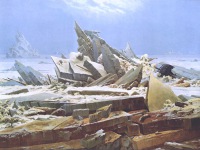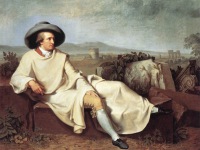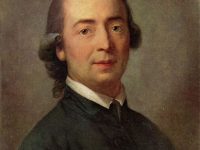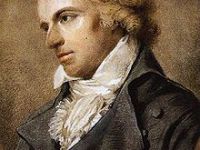Friedrich Schiller’s Iconic Sturm and Drang Drama ‘The Robbers’
On January 13, 1782, Friedrich Schiller’s play ‘The Robbers‘ (Die Räuber) was premiered at the national theatre in Mannheim. The work, which was initially conceived not as a stage play but as a reading drama was written during the Enlightenment and can be attributed to the Sturm und Drang movement in German literature. It was first published anonymously in 1781, then premiered in Mannheim on 13 January 1782, where it caused a national…
Read more






